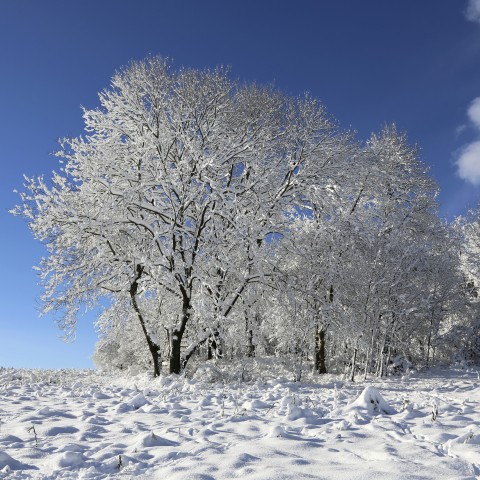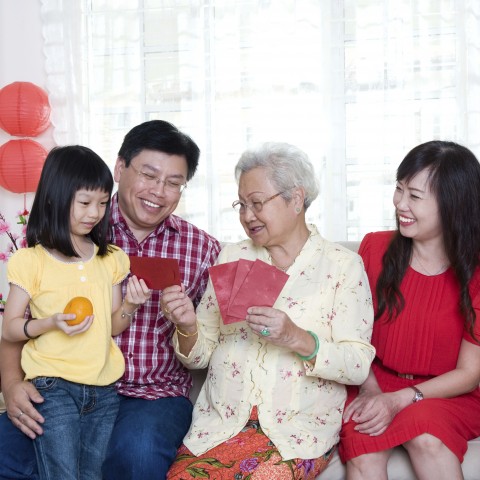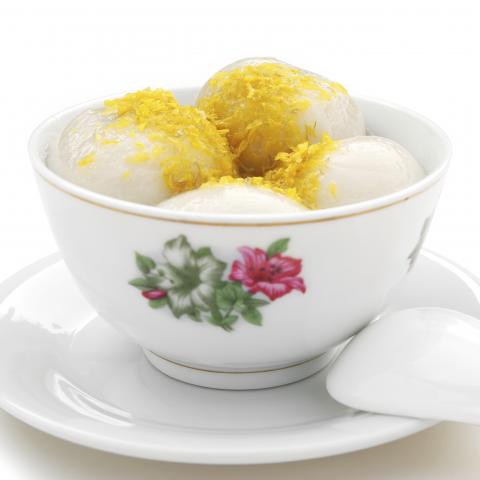The Dōngzhì Festival in China, also called the Chinese Winter Solstice Festival, is one of the most important and popular holidays in China. Some argue it’s actually more important than the Chinese New Year!
In this article, you’ll learn about Chinese Winter Solstice traditions and why this holiday was significant in the past.
Are you ready? Let’s get started!
1. What is the Winter Solstice?
Essentially, the Chinese Winter Solstice is a time to prepare for the New Year and spend time with family and loved ones.
In Chinese tradition, there’s a saying that says Winter Solstice is more important than the Lunar New Year. That is because ancient China was an agricultural community, and cultivation had to be done according to the season.
Why do the Chinese celebrate the Winter Solstice?
Chinese people observed astronomy and the laws of nature, and found that the Winter Solstice is the shortest day of the year. After that day, the daytime gradually becomes longer, and spring comes as winter fades away. Hence, the start of a new year actually starts on Winter Solstice instead of the Lunar New Year.
As a matter of fact, in the past, Winter Solstice was said to have been New Year’s Day. No wonder that in the south of the Yangtze River, there’s a saying: “You will be one year older after having the Winter Solstice dinner.”
2. When is the Dōngzhì Festival?
Each year, the Winter Solstice occurs somewhere between December 21 and 23.
3. How the Chinese Celebrate Winter Solstice
1- Chinese Winter Solstice Traditional Food
Okay, so first things first: What do people eat on Winter Solstice?
People in the North eat dumplings during the Winter Solstice. Dumplings are a very popular folk food with a long history in China. There’s a saying that “there is no better food than dumplings.”
In many places, there’s a custom of eating lamb during the Winter Solstice Festival. Since China enters its coldest time after Winter Solstice, traditional Chinese doctors regard lamb as a food that can help people tonify Yang (an aphrodisiac effect) and make the body strong.
Eating Tangyuan is another traditional custom for Winter Solstice and is particularly popular in southern China. Tangyuan is also called Tangtuan (gnocchi) or Tuanzi (dumpling) and is a dessert made from glutinous rice flour. The character yuan (round) indicates reunion and that something is perfectly successful. There’s a saying among the people that “you will be one year older once you eat Tangyuan.”
2- Counting Nine
There’s also the custom of “counting nine.” In the lunar calendar, ancient Chinese people created a way to count days in winter: starting from the Winter Solstice day that begins with the “first nine,” to the “ninth nine.” There’s an old saying: “During the time of the first and second nine, you don’t put your hands out of your coat; on the third and fourth nine, you can skate on the ice…” Finally, after eighty-one days, the cold winter is gone.
4. Dumplings and Frostbite
During the Chinese Winter Solstice, dumplings are a longtime favorite food! Do you know why the custom of eating dumplings was handed down in northern China?
Eating dumplings during the Winter Solstice Festival is to commemorate an ancient doctor named Zhang Zhongjing, who is thought to have invented dumplings. Because the dumpling soup he made had successfully cured the frostbitten ears of many people, a saying was born: “If you don’t eat dumplings at Winter Solstice, your ear will be frostbitten.”
5. Must-Know Vocabulary for the Chinese Winter Solstice
Here’s the essential Chinese vocabulary you should know for the Chinese Winter Solstice!
- 馄饨 (húntun) — Wonton dumpling
- 冬天 (dōngtiān) — Winter
- 合家团聚 (héjiā tuánjù) — Family reunion
- 糯米团子 (nuòmǐ tuánzi) — Glutinous rice ball
- 桂花酒酿圆子 (guìhuā jiǔniàng yuánzǐ) — Glutinous rice balls in sweet osmanthus and glutinous rice wine
- 和家人吃冬至团圆饭 (hé jiārén chī dōngzhì tuányuánfàn) — Have dinner with family on Winter Solstice evening
- 午夜阳光 (wǔyè yángguāng) — Midnight sun
- 极夜 (jí yè) — Polar night
- 冬至 (Dōng Zhì) — Winter Solstice Festival
- 冬至大如年 (Dōng Zhì dà rú nián) — Winter Solstice is more important than Chinese New Year
To hear the pronunciation of each vocabulary word, and to read them alongside relevant images, be sure to check out our Chinese Winter Solstice vocabulary list!
Final Thoughts
What are your thoughts on the Chinese Winter Solstice holiday? Are there any special winter-related holidays in your country? Let us know about them in the comments!
Chinese culture is so rich and full. If you’re interested in learning more about China and her people, or if you want more wintery Chinese words, you may find the following pages useful:
- Advanced Topics: Culture and History
- Celebrating the Chinese Mid-Autumn Festival
- The Hungry Ghost Festival in Chinese Culture
- What’s Your Favorite Chinese Food?
- Words for Winter Snow Days
- Winter Clothes
Learning Chinese doesn’t have to be boring or overwhelming—with ChineseClass101.com, it can even be fun! If you’re serious about improving your Chinese, create your free lifetime account today!
Happy Chinese learning, and stay warm out there! 🙂













